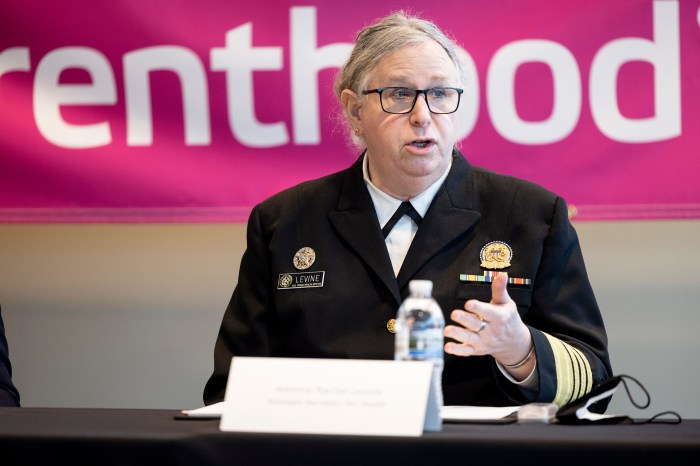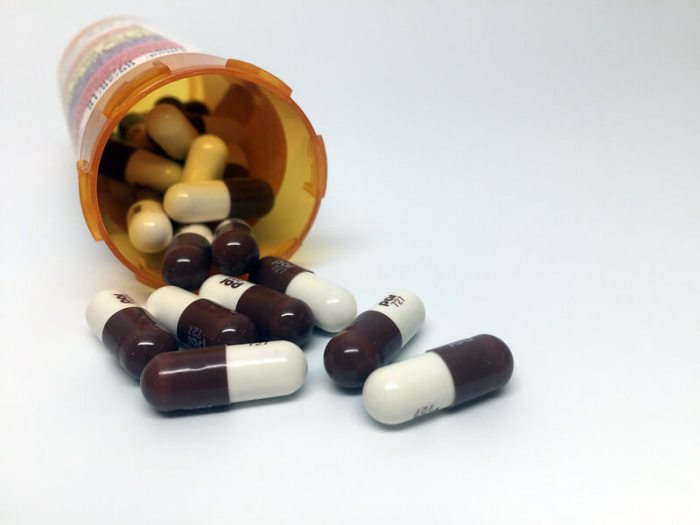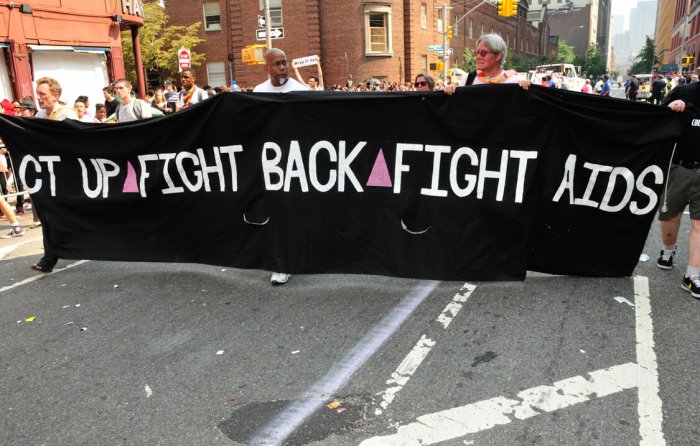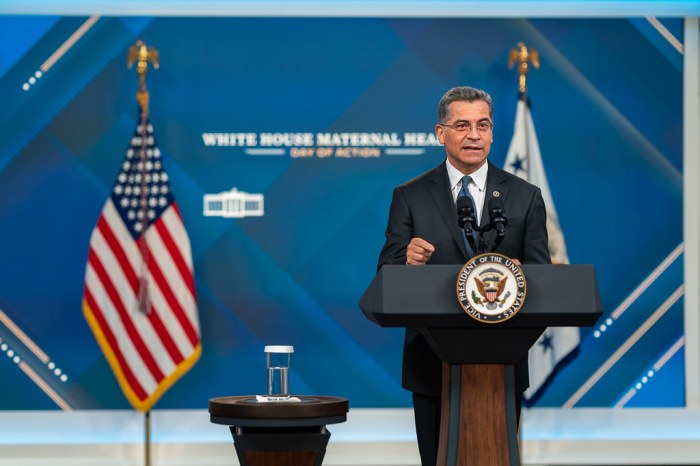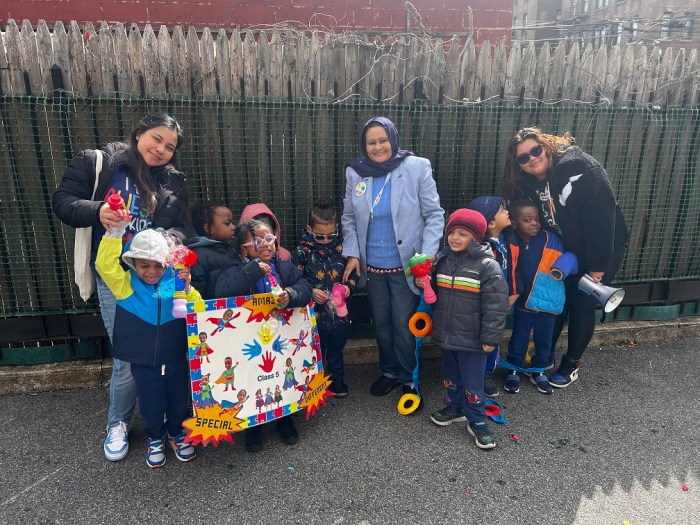Two local health centers that focus their work on the LGBT community have each been selected for annual funding of $650,000 aimed at offsetting the unreimbursed cost of care that they provide to lower income clients.
A new unit of the Chelsea-based Callen-Lorde Community Health Center being developed in the Bronx and the Apicha Community Health Center, which serves LGBT and other Asians and Pacific Islanders on HIV/ AIDS and other health issues out of its Lower Manhattan home, were among 266 health centers nationwide that won awards from the federal Health Resources and Services Administration under the New Access Point program established by President Barack Obama’s Affordable Care Act.
The goal of the New Access Point program is to improve public health in underserved and vulnerable communities by expanding access to culturally competent primary health care. Callen-Lorde and Apicha were among five health centers focused on the LGBT community and HIV/ AIDS issues nationwide — the others being in Chicago, San Francisco, and Arizona — named as New Access Point awardees.
Callen-Lorde’s Bronx unit, Apicha among 266 US health centers selected to reach underserved communities
For Callen-Lorde, the funding comes at a critical time as it works to put both capital and operating funding together for a primary health care unit it is opening in partnership with Boom!Health, a Bronx-based agency that provides a broad range of health, social, and legal services. Boom!Health, which currently has three locations in the Bronx, is opening a new 35,000-square-foot wellness center in the South Bronx, with the borough’s LGBT community a primary focus of its planned services. The group invited Callen-Lorde to provide the primary care piece in a multi-service facility. The health care unit will occupy a 3,500-square-foot suite on the first floor of a five-story building on Third Avenue near 161st Street.
For health centers that offer care on a low-cost or no-cost basis, unreimbursed cost of care is a significant concern. According to Wendy Stark, Callen-Lorde’s executive director, the group’s two Chelsea locations on West 17th and 18th Streets serve more than 15,000 clients and have annual unreimbursed cost of care of about $5 million a year. She could not project what the comparable figure will be for the Bronx unit, but estimated that about 3,800 clients will be served there. Using the Chelsea unreimbursed cost of care as a guideline, $650,000 could represent a meanwhile share of the shortfall in the Bronx.
Stark pointed to other benefits from the unit’s designation as a New Access Point, including eligibility for federal malpractice insurance and cost-based reimbursement under the Medicaid program.
The federal government’s embrace of Callen-Lorde’s new Bronx unit is emblematic of an evolving view of health centers serving the LGBT community. In the late 1990s, when the Chelsea clinic applied for designation as a federally qualified health center — which improves the standing of a facility in terms of Medicaid and Medicare reimbursement — it was turned down due to federal government concerns about its ability to serve the heterosexual population. As a result, Callen-Lorde has always operated as a sub-grantee of another federally qualified health center.
Today, in contrast, the federal government’s understanding of the unmet and underserved health needs of the LGBT community has advanced to the point where focusing efforts on this population is a public health priority. Underserved communities are identified according to a strict zip code formula, Stark explained, but in determining who can serve such an area once it is identified, cultural competence is a key criteria — and it was on that basis that Callen-Lorde was selected.
The new federal money to support the Bronx unit’s delivery of care comes as Callen-Lorde looks to put in place its capital funding for build-out of the first floor space. The Bronx borough president, Ruben Diaz, Jr., and out gay Councilmember Ritchie Torres, who represents a portion of the borough, each recently made available $100,000 toward estimated capital costs of $2 million. Gay philanthropist Henry van Ameringen has offered a challenge grant, matching dollar for dollar contributions of up to $500,000.
For Apicha, the New Access Point designation is also a sign of evolution. Founded in 1989 as an HIV/ AIDS services organization, the group in 2009 expanded its HIV delivery care model to include general primary care, focused on LGBT and other Asian and Pacific Islanders, but also reaching other communities of color. Like Callen-Lorde, Apicha has operated as a sub-grantee of a federally qualified health center, but the new award puts it on the path to its own such designation.
In a written statement, Therese R. Rodriguez, Apicha’s chief executive officer, gave credit to LGBT health care advocates nationwide for raising policymakers’ awareness of the needs of the queer community and the success groups like hers and Callen-Lorde have demonstrated in addressing them.
“This is an important moment for the LGBT community,” she said. “With these awards, the federal government is allowing us to reach out to the margins of the community — LGBT folks, immigrants, people of color, and people living with HIV/AIDS — to make sure they receive healthcare.”
Rodriguez added, “Apicha CHC could not be more thankful for the support we received along the way from hundreds of community leaders, elected officials, fellow community health centers, and funders. Their advice and letters of support have been invaluable.”


























